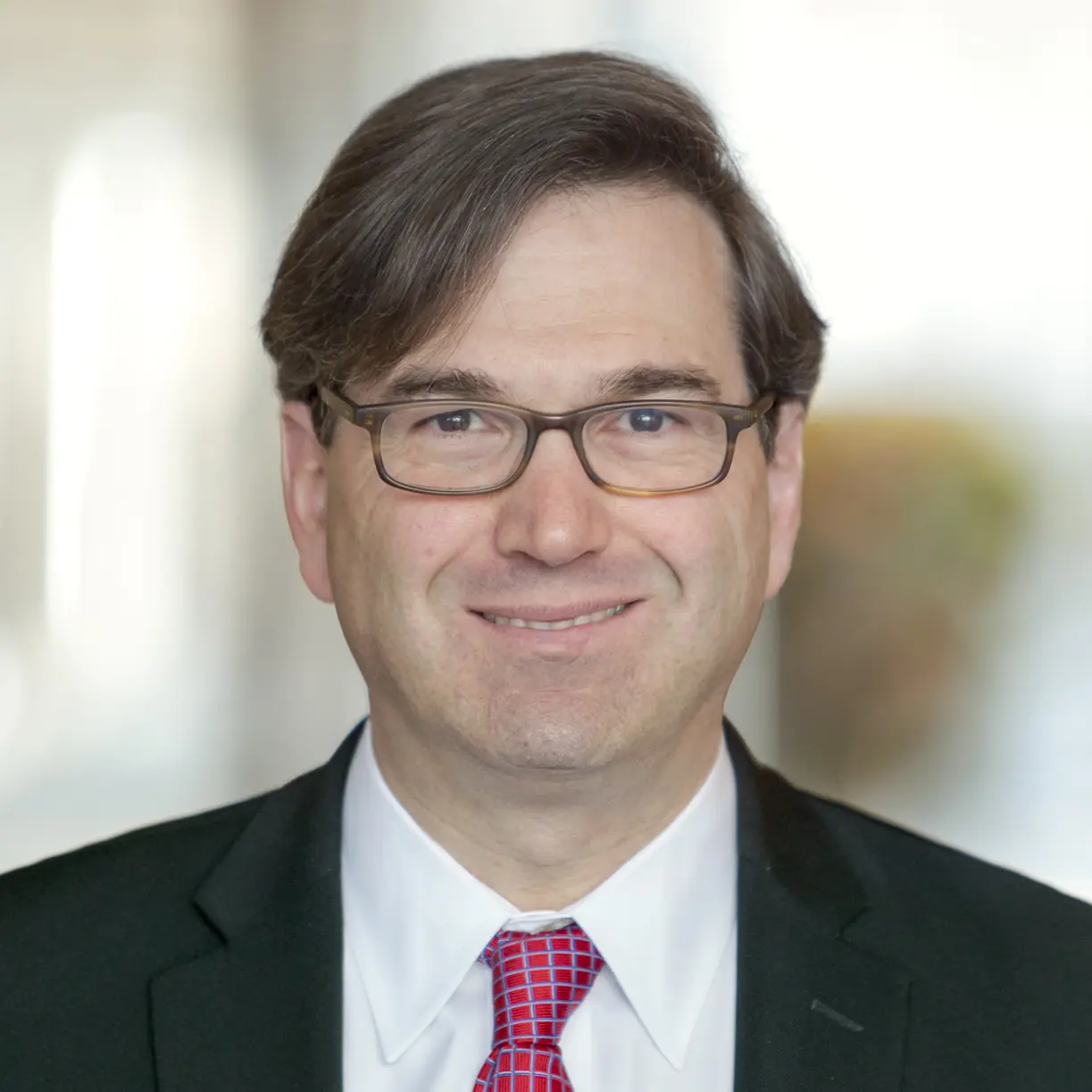Monday 7th July - 06:00 PM BST
The Headline Debate: The Great Innovation Race
Is democracy really necessary?
"Great advances in science have never come from centralized government" claimed Milton Friedman. The ability to innovate was also one of the reasons that led Fukuyama to claim liberal democracy would ultimately dominate. But if we had any doubt that this was mistaken, it is now surely no longer credible. In recent years, China has filed more patents than the US and EU combined, and produced double the AI research publications of the U.S. While historically, many argue Tsarist Russia, imperial Germany, and Meiji Japan were able to industrialise rapidly in an authoritarian culture.
Might the future of innovation lie in state-directed, "authoritarian capitalism"? Is the lesson that a level of intellectual freedom may be required to enable innovation, but this does not require political freedom to run alongside? Or in the long term, is a liberal culture essential to encourage new forms of technological and scientific advance?
Big ideas in your inbox.
Updates from the world's greatest minds - plus offers and discounts.
Daniel A. Bell
Expert on Chinese Political Philosophy
Daniel A. Bell is a prominent political theorist known for his work on Chinese political thought and comparative political philosophy. He currently serves as Chair of Political Theory at the University of Hong Kong's faculty of Law. Previously, he served as Dean of the School of Political Science and Public Administration at Shandong University and as a professor at Tsinghua University
Bell is best known for his advocacy of "political meritocracy"—a concept he contrasts with liberal democracy—and for his extensive engagement with Confucian political philosophy. He argues that China offers an alternative model of political governance that combines technocratic meritocracy with consultative mechanisms and cultural traditions, particularly those stemming from Confucianism.
Anu Bradford
Leading EU scholar
Anu Bradford is a leading scholar on the EU’s regulatory power and a sought-after commentator on the European Union, global economy, and digital regulation. She is the Henry L. Moses Professor of Law and International Organisation at Columbia University and was previously at Chicago Law School.
Anu Bradford coined the term the Brussels Effect to describe the European Union’s outsize influence on global markets. Bradford is an author and an expert in international antitrust law and argues that Europe's position as a global regulator puts it at the heart of international political power.
Jason Furman
Jason Furman is a prominent American economist known for his extensive contributions to public policy, academia, and economic analysis. He currently serves as the Aetna Professor of the Practice of Economic Policy at Harvard University. He served as the Chairman of the Council of Economic Advisers (CEA) under President Barack Obama from August 2013 to January 2017. In this role, he acted as a principal economic advisor to the President.
Furman has been deeply involved in the intersection of academic research and public policy. His scholarship and policy work often emphasize the effectiveness of fiscal tools for promoting economic growth and reducing inequality, and he is known for advocating pragmatic, data-driven approaches to complex economic problems.
Roger Hearing
Roger Hearing is a presenter on the BBC World Service's Business Matters and World Business Report. He formerly presented Bloomberg Radio and BBC Radio 4's The World Tonight.




